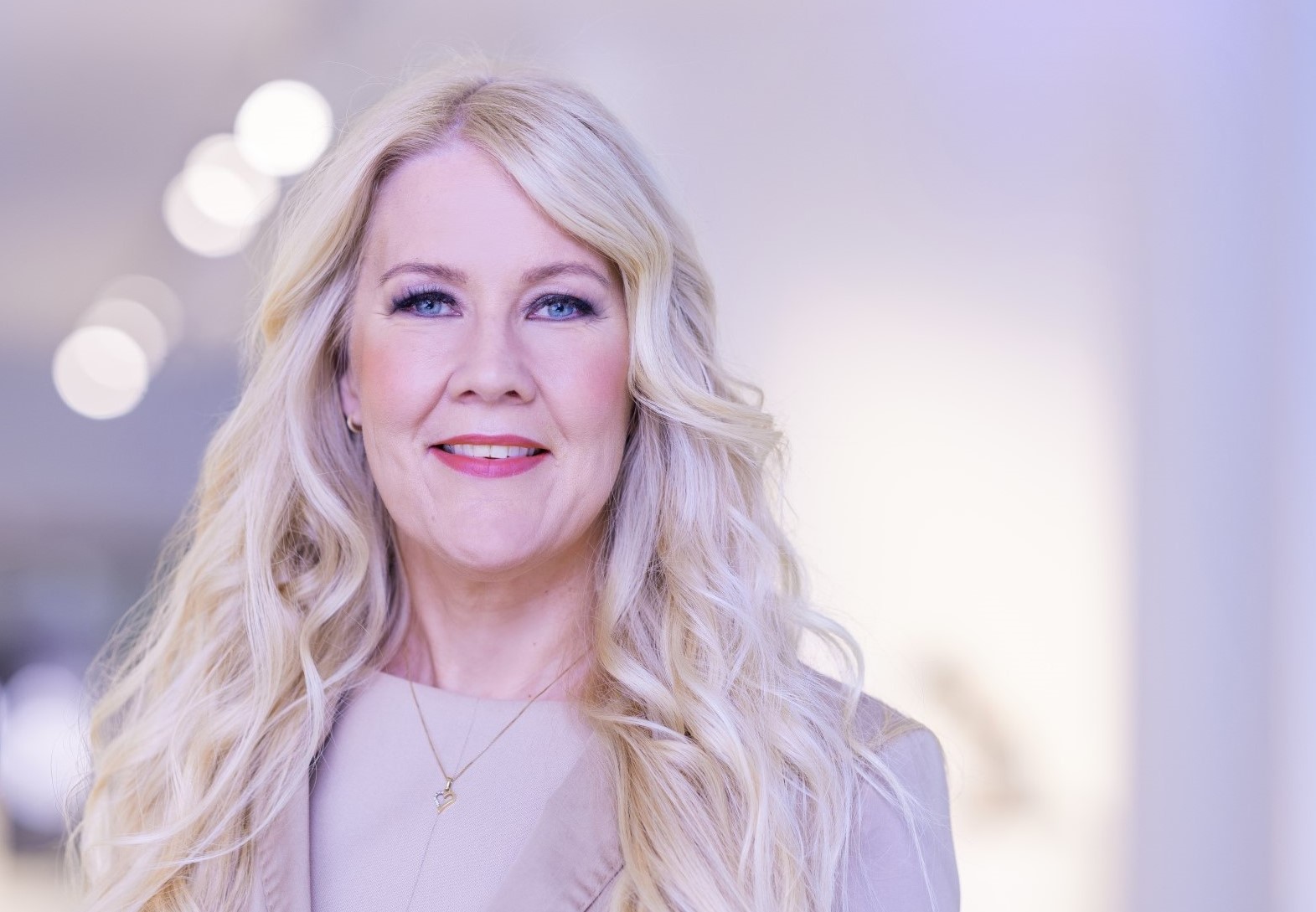Pressure to act responsibly towards the environment and society is being applied from several directions – companies, consumers, the scientific community, employees and legislators. Financiers play a key role in sustainable development, but interaction between a range of actors is needed to make concrete achievements.
Can a sustainable future be based on money? We considered this topical theme alongside world-class experts in a panel discussion for the SuomiAreena programme on 13 July. As the basis for our discussion, it was easy to agree that the world will not become more responsible unless cash flows are directed towards change. However, despite the vital role played by the financial sector, we must all play our part in solving the sustainability challenge.
Sustainable development involves all of us taking our share of responsibility for the environment, people and the economy. Sustainable business presents companies with both an opportunity and an obligation. My work frequently involves discussions with senior executives of large companies – all such talks feature responsibility as a theme. For businesses, responsibility involves both competitive edge and risk management. Every company should view responsibility as a choice made at strategic level.
Finnish and Nordic companies have good opportunities to offer and develop solutions to sustainability challenges, and to grow a positive carbon handprint. International comparisons show that Finnish companies have long been developing their activities in a more rational direction from the environmental – and financial – perspectives.
Sustainability is also important to companies’ reputations. A company can improve both customer and employee satisfaction by acting sustainably. The current working age generation will play a key role in resolving the climate crisis and halting biodiversity loss. Members of the younger generation recognise responsible action and know how to demand more of it in both environmental and societal terms. Regulation and the proactive approach taken by companies are moving social responsibility to centre stage.
Regulation is the mainstay of the sustainability framework created by society. Sustainable finance regulation, legislation on corporate due diligence and corporate accountability, changing reporting requirements and supervisory expectations all require closer integration of sustainability with business activities. There is some way to go before regulation is sufficiently clear, transparent and predictable, but things are moving in the right direction.
Making a sustainable future possible is one of OP Financial Group’s key goals. For example, we assess climate change-related risks and identify means – in the shape of financial products – of impacting on the problem. We also raise awareness of the role played by sustainable finance and the opportunities it brings for companies.
Cash flows are the lifeblood of business. Without money, there can be no green transition, such as investments to replace fossil energy production. Banks manage payments, make investments and grant financing. However, I view our role as mainly supportive, enabling society to make the sustainability transition.
The goals set by OP Financial Group influence its customers. Correspondingly, customers’ choices play a major role in achieving OP’s goals. Companies decide on investments and how sustainability is realised, whereas banks direct cash flows. So, close cooperation will still be needed to bring about a sustainable future.
Kirjoittaja on OP Yrityspankin toimitusjohtaja ja Harvardin alumni.
Aiemmat kirjoitukset
- Vihreä siirtymä, valoisampi huominen – kaiken ytimessä on Suomen kilpailukyky
- ESG-asiansa hyvin hoitavilla pk-yrityksillä on nyt selkeä kilpailuetu
- Suuryritystutkimus 2024: Odottavan aika on pitkä
- Viimeaikaiset jännitteet maailmanpolitiikassa muuttavat käsitystämme siitä, mikä on vastuullista
- Should we be worried about banks?
